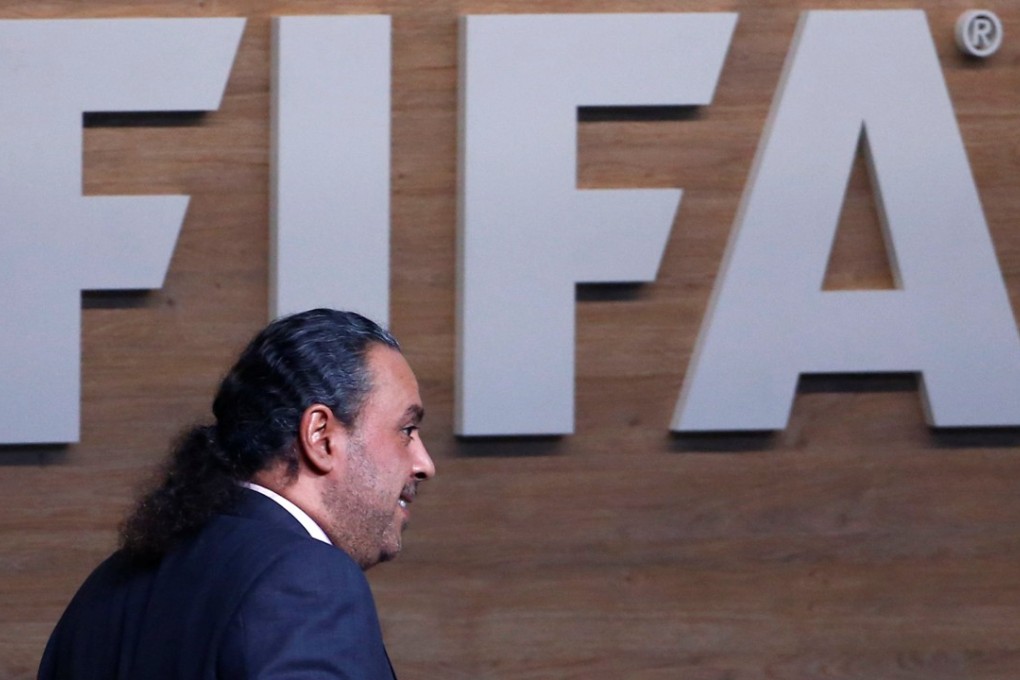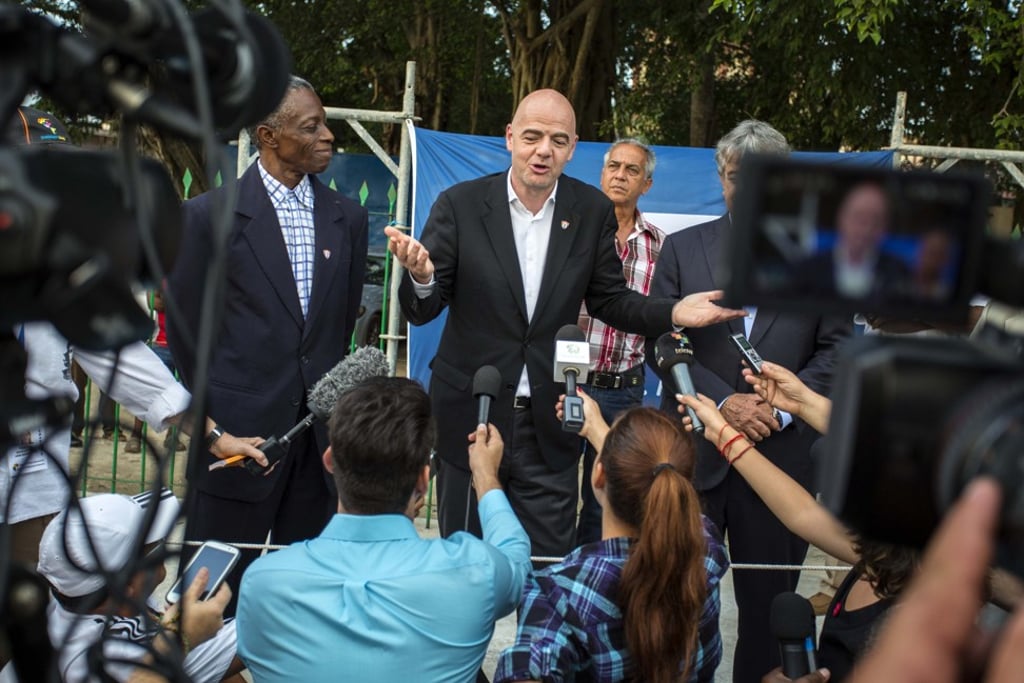Is Fifa about to change its rules in a boost to China’s hopes of hosting the World Cup in 2030?
Soccer’s governing body considers giving its ruling council the power to decide that a continent could skip just one World Cup before hosting again

Soccer’s governing body has proposed giving its ruling council the power to decide that a continent could skip just one World Cup before hosting again.
In a legal text published on Wednesday ahead of next week’s Fifa Congress in Bahrain, the governing body said the flexibility in hosting would be allowed “if circumstances so require.” That could let China bid to host the 2030 World Cup only eight years after Qatar.

Infantino could also get more authority to create and appoint working groups to “prepare the topics” for council meetings.
One such future debate could be opening up a 2030 World Cup hosting contest in which South America should start as favourite. The centenary World Cup is expected to bring a co-hosting bid that includes Uruguay, the original tournament hosts in 1930.
Still, Chinese firms have targeted Fifa, including property and cinema giant Dalian Wanda Group, which last year signed a top-tier sponsorship through 2030.